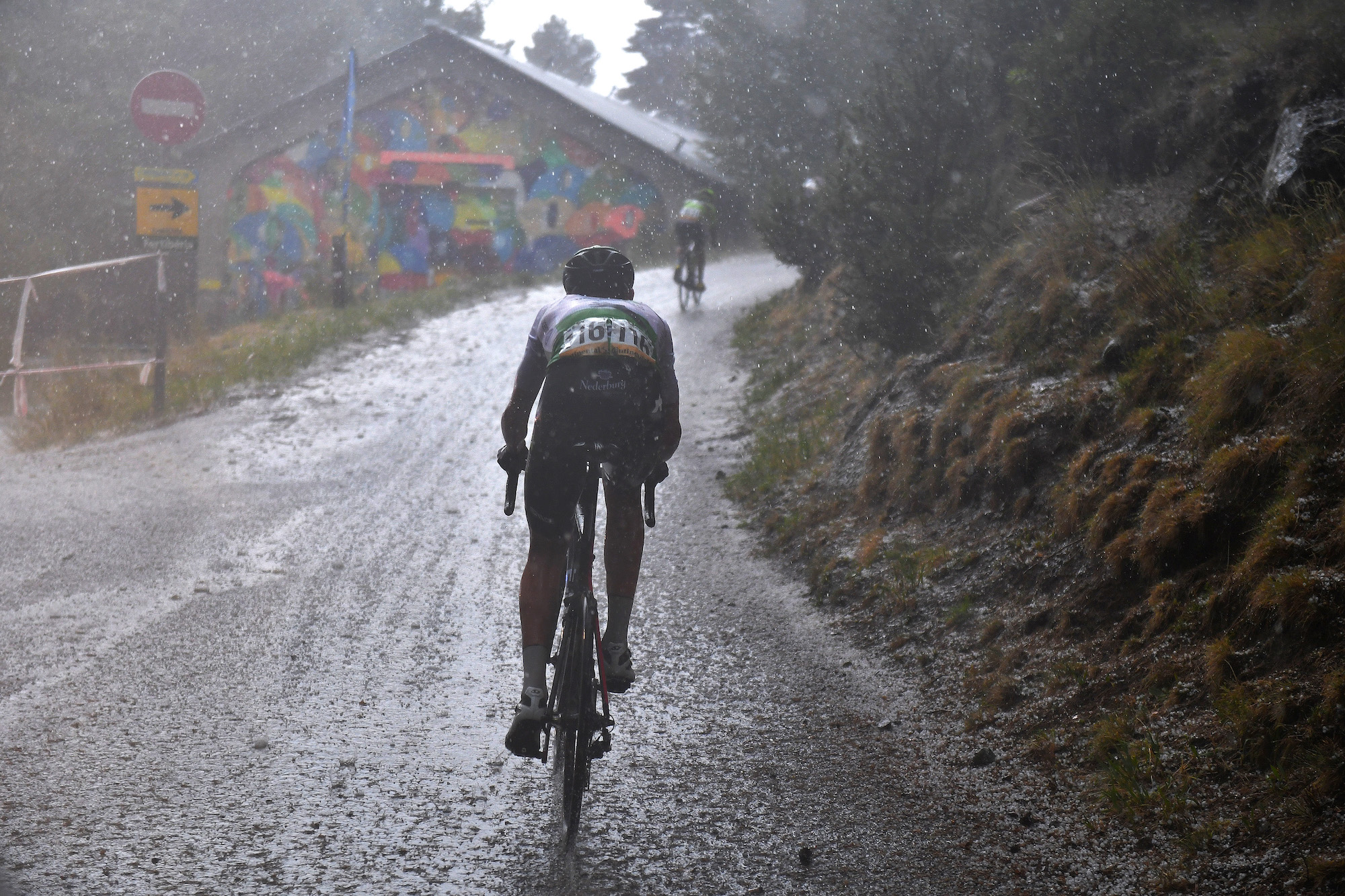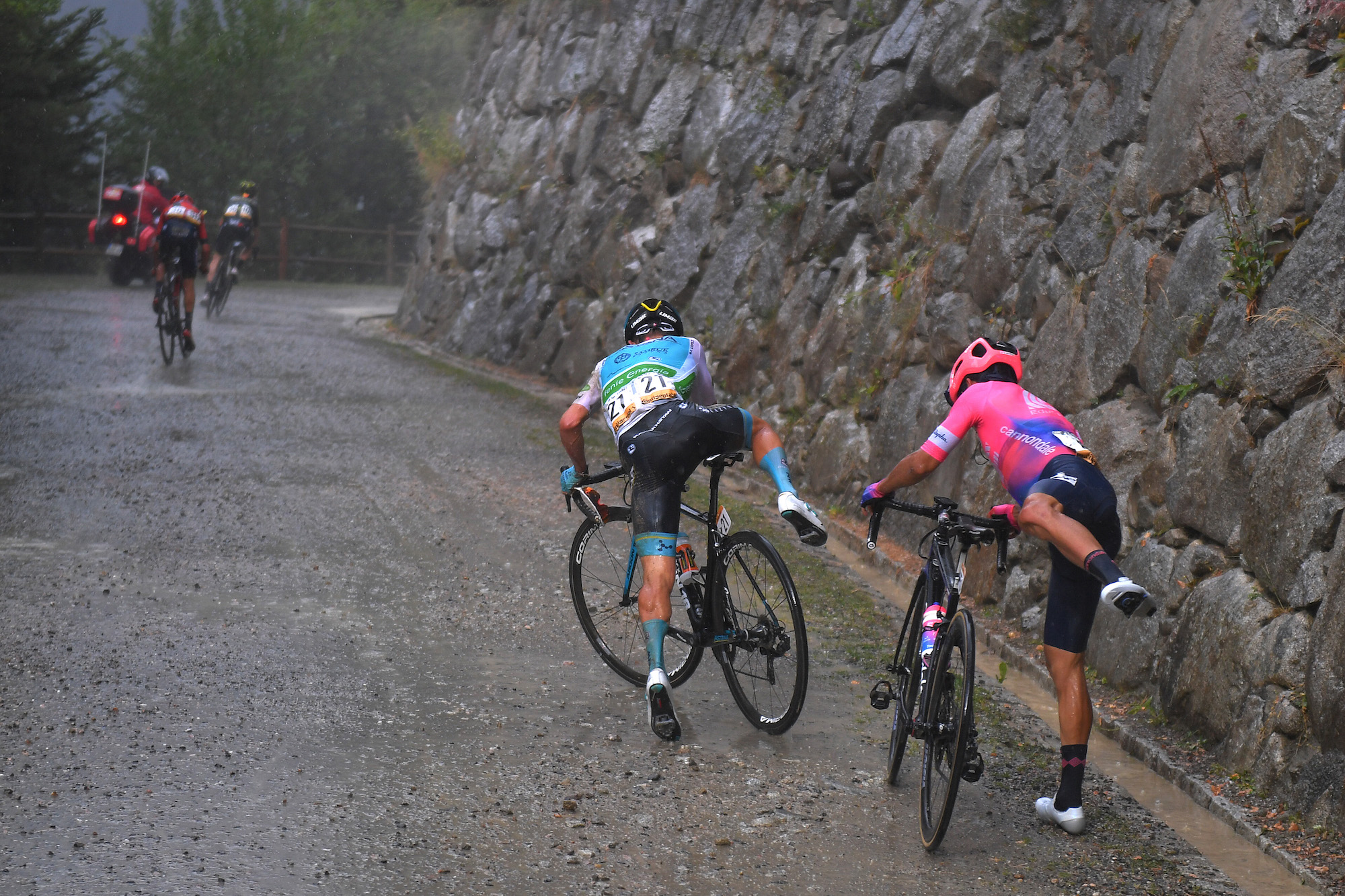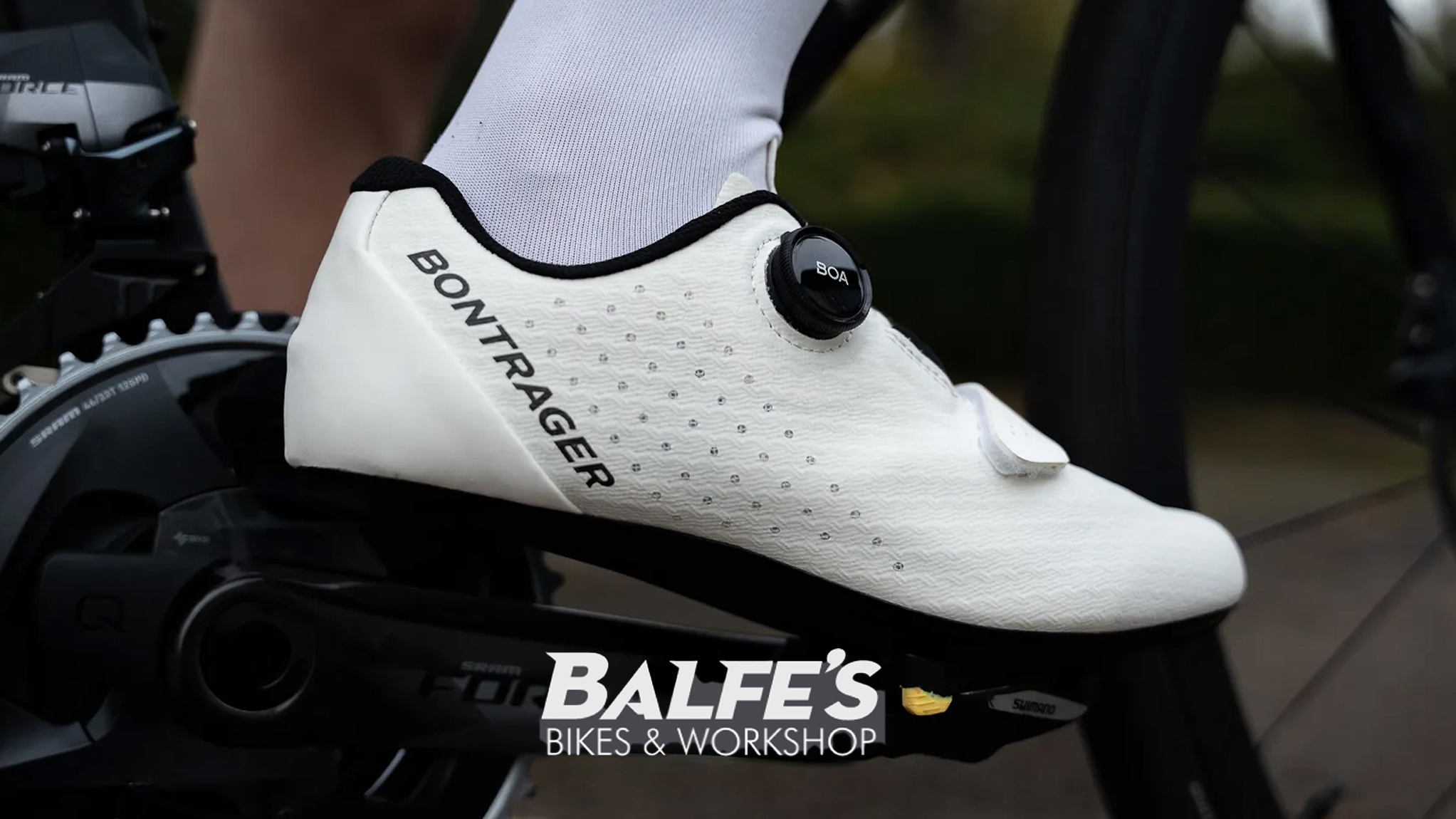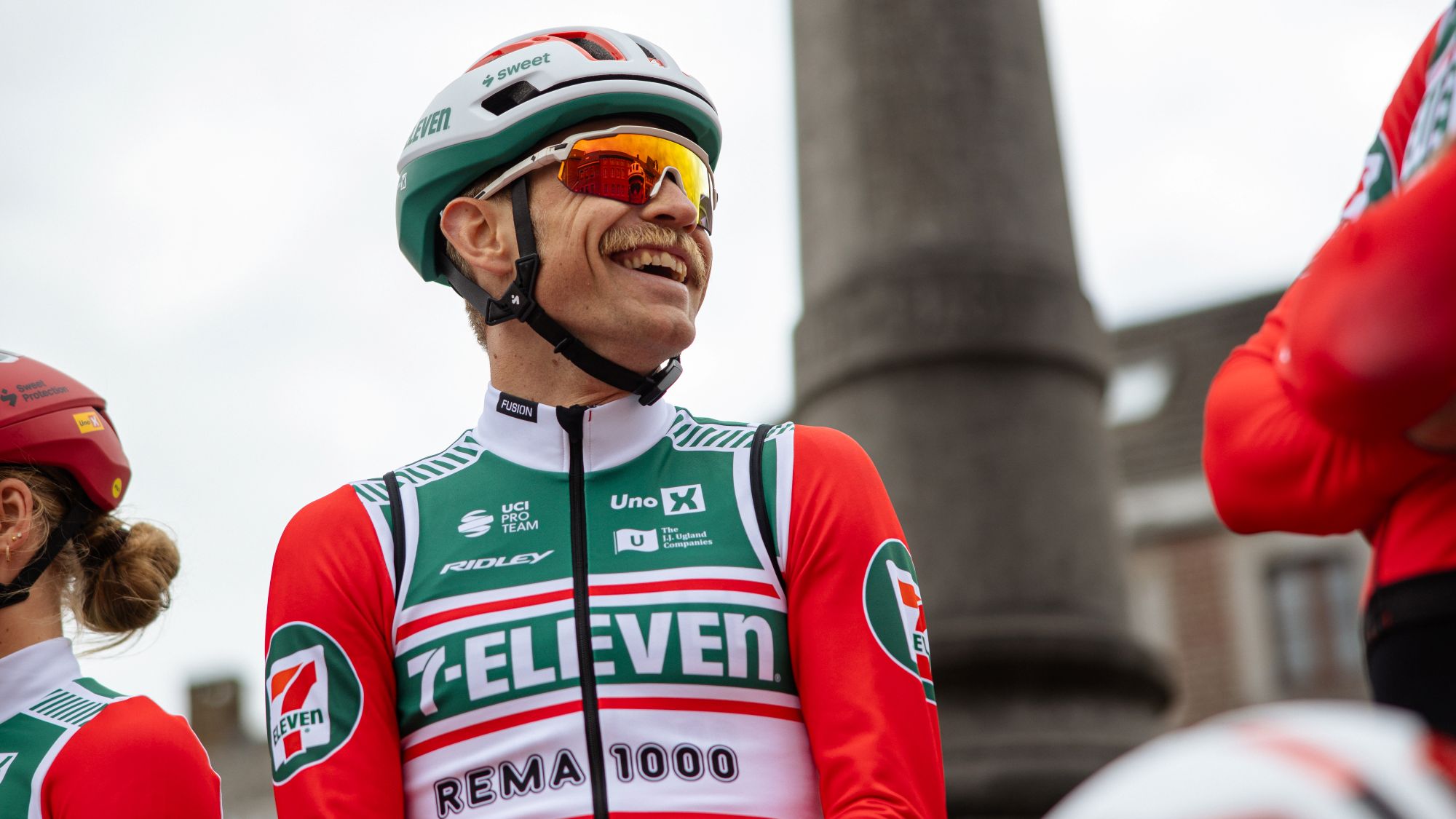'Nobody was able to stay in control': Jumbo-Visma DS questions inclusion of gravel roads in Vuelta a España
Primož Roglič and Miguel Ángel López were among the riders that crashed on a gravel sector on stage nine of the Vuelta


Grand Tours should not include gravel road stages, says Jumbo-Visma sports director Addy Engels at the Vuelta a España.
Engels' leading rider Primož Roglič crashed due to a motorbike in the gravel section included mid-way up the final closing climb in the Andorran stage to Cortals. A sudden rainstorm and hailstorm had worsened conditions for the riders.
"The gravel section of course was pretty fast but that's that's that's my concern. I think in these days we shouldn't do roads like that," Engels told Cycling Weekly.
>>> Six things to look out for in the second week of the Vuelta a España 2019
"I think we we really should avoid those kind of roads because when things turn against you, things you cannot control, you still need to be able to stay in control and now nobody was able to because communication was gone. I mean, we couldn't barely talk with each other in the car because of the hail. We weren't able to use radio communication anymore, and then you're out of control and then it starts to get tricky."
Colombian Miguel Ángel López (Astana) suffered in a separate incident on the gravel. Both riders had been ahead, but instead, when television coverage resumed, Nairo Quintana (Movistar) was the best of the favourites. Roglič had a shot at the red leader's jersey, but Quintana came out on top of the overall classification and led the race into the rest day.

Engels questions the use of gravel and even the Roubaix cobbles in stages of Grand Tours due to their risks.
Get The Leadout Newsletter
The latest race content, interviews, features, reviews and expert buying guides, direct to your inbox!
"No," he said when asked if they should be included in Grand Tours. "Unless for example when you do an uphill finish, like Finestre in the Giro d'Italia or the Tour de France to Planche des Belles Filles.
"When you have parts that are flat, a little bit down, and some tricky corners also... They don't belong in a Grand Tour. OK, we shouldn't become soft, it's a heroic sport for real men, to put it like that. Races like Paris-Roubaix – beautiful – Strade Bianche – beautiful – but they're one-day races and you go all for the day, you are fully prepared for it in terms of material and you need a lot of luck, but that's for that day.
"It would be not good for cycling if you lose one of the big favourites on the on the cobbles somewhere. It's not good for the for the team that loses its favourite, obviously, but it's also not good for the race. And yeah, you take a big risk to lose an important guy like that."
In recent years, John Degenkolb and Lars Boom won the Tour de France stages over the Paris-Roubaix cobbles. When Boom won, helping then Astana team-mate Vincenzo Nibali to the eventual overall win, it rained all night and day and made the conditions muddy and slippery.
"I don't want to say that they should always stay away from that. I mean once in a while it's also nice and it's also nice for riders like Degenkolb to win a stage like that in the Grand Tours," Engels said.
"And you have also at you have a difference in gravel roads. But I think you always have to be prepared for really bad conditions and when the conditions are bad, it should still be decent to race on them."

Thank you for reading 20 articles this month* Join now for unlimited access
Enjoy your first month for just £1 / $1 / €1
*Read 5 free articles per month without a subscription

Join now for unlimited access
Try first month for just £1 / $1 / €1
Gregor Brown is an experienced cycling journalist, based in Florence, Italy. He has covered races all over the world for over a decade - following the Giro, Tour de France, and every major race since 2006. His love of cycling began with freestyle and BMX, before the 1998 Tour de France led him to a deep appreciation of the road racing season.
-
 Gear up for your best summer of riding – Balfe's Bikes has up to 54% off Bontrager shoes, helmets, lights and much more
Gear up for your best summer of riding – Balfe's Bikes has up to 54% off Bontrager shoes, helmets, lights and much moreSupported It's not just Bontrager, Balfe's has a huge selection of discounted kit from the best cycling brands including Trek, Specialized, Giant and Castelli all with big reductions
By Paul Brett
-
 7-Eleven returns to the peloton for one day only at Liège-Bastogne-Liège
7-Eleven returns to the peloton for one day only at Liège-Bastogne-LiègeUno-X Mobility to rebrand as 7-Eleven for Sunday's Monument to pay tribute to iconic American team from the 1980s
By Tom Thewlis